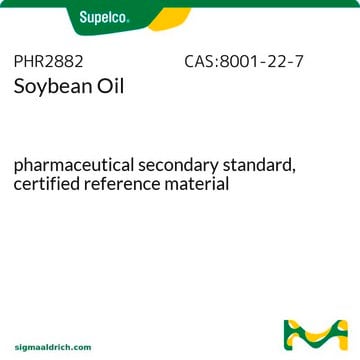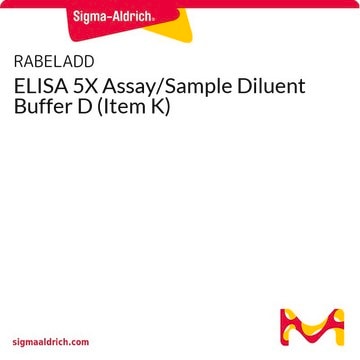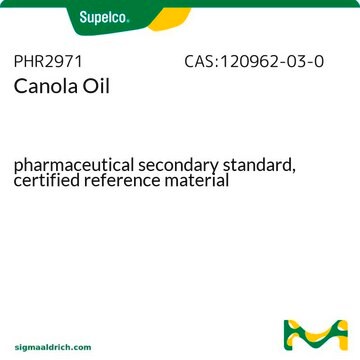PLA0118
Rabbit anti-Phospho RPS6 (S235/236) Antibody, Affinity Purified
Powered by Bethyl Laboratories, Inc.
Szinonimák:
40S ribosomal protein S6, S6, phosphoprotein NP33
About This Item
Javasolt termékek
biológiai forrás
rabbit
Minőségi szint
antitest forma
affinity purified immunoglobulin
antitest terméktípus
primary antibodies
grade
Powered by Bethyl Laboratories, Inc.
faj reaktivitás
human
technika/technikák
western blot: 1:2,500-1:10,000
elérési szám
NP_001001.2
kiszállítva
wet ice
tárolási hőmérséklet
2-8°C
Géninformáció
human ... RPS6(6194)
Immunogén
Fizikai forma
Egyéb megjegyzések
Jogi nyilatkozat
Nem találja a megfelelő terméket?
Próbálja ki a Termékválasztó eszköz. eszközt
Tárolási osztály kódja
12 - Non Combustible Liquids
WGK
WGK 1
Lobbanási pont (F)
Not applicable
Lobbanási pont (C)
Not applicable
Válasszon a legfrissebb verziók közül:
Analitikai tanúsítványok (COA)
Nem találja a megfelelő verziót?
Ha egy adott verzióra van szüksége, a tétel- vagy cikkszám alapján rákereshet egy adott tanúsítványra.
Már rendelkezik ezzel a termékkel?
Az Ön által nemrégiben megvásárolt termékekre vonatkozó dokumentumokat a Dokumentumtárban találja.
Tudóscsoportunk valamennyi kutatási területen rendelkezik tapasztalattal, beleértve az élettudományt, az anyagtudományt, a kémiai szintézist, a kromatográfiát, az analitikát és még sok más területet.
Lépjen kapcsolatba a szaktanácsadással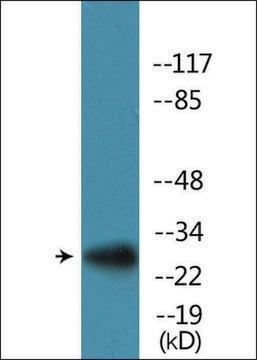
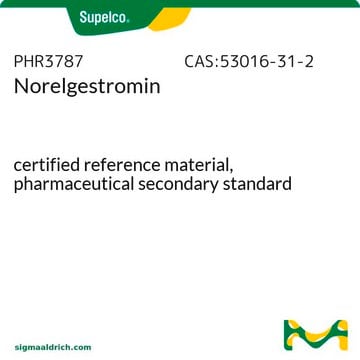

![Octahydrocyclopenta[c]pyrrole AldrichCPR](/deepweb/assets/sigmaaldrich/product/structures/385/398/e59a3455-5fde-4e4a-a173-43297760be22/640/e59a3455-5fde-4e4a-a173-43297760be22.png)
